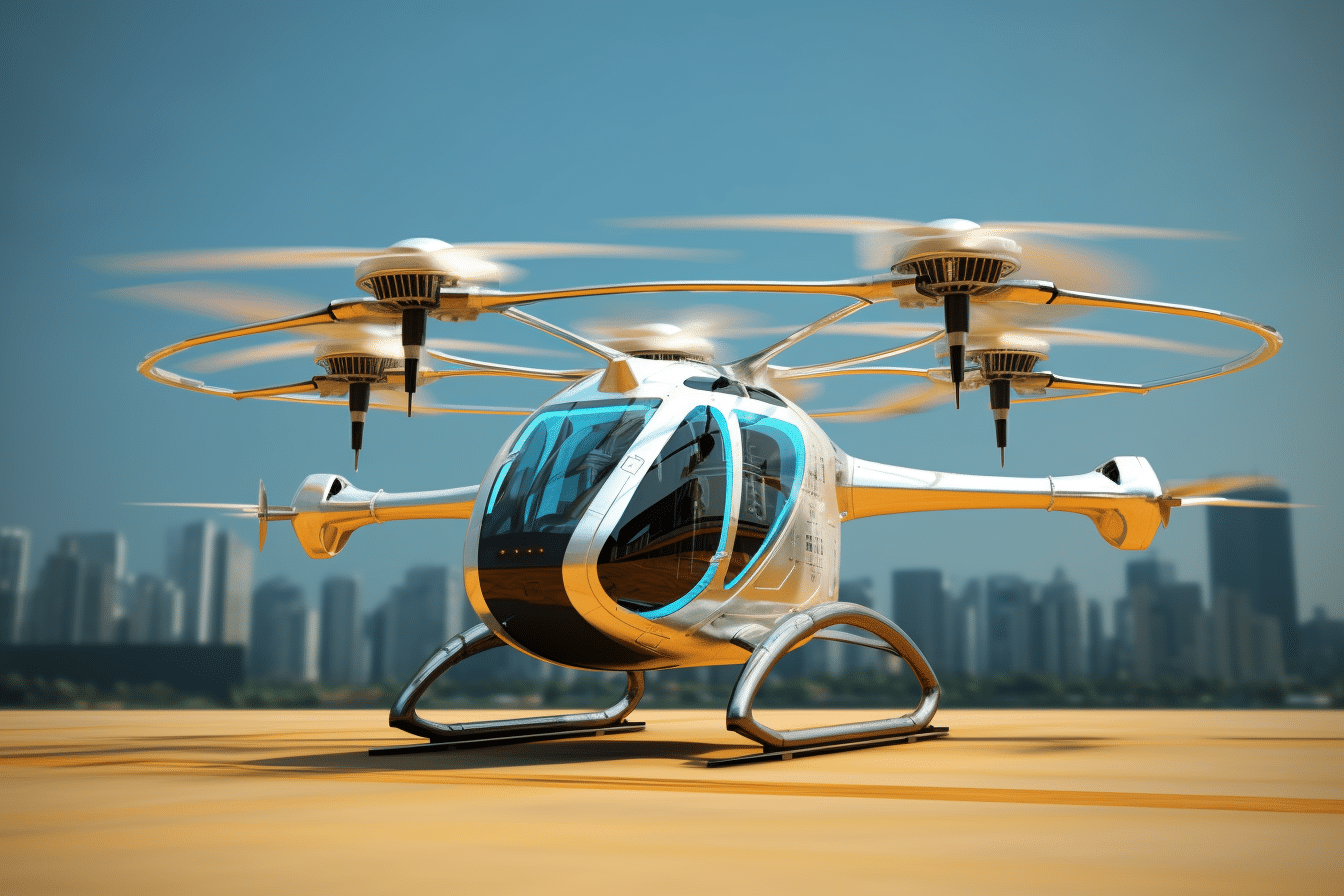The world of aviation is on the brink of a transformative breakthrough as the vision of electric flying taxis becomes increasingly tangible.
Paris, with its upcoming hosting of the 2024 Olympic and Paralympic Games, is seizing the opportunity to showcase a small fleet of electric flying taxis, promising a transport revolution.
While skeptics remain, industry leaders such as Volocopter are confident that these lean green flying machines will carve a new chapter in aviation history.
Paris Prepares for Olympic Electric Air Taxis
The Paris region is making ambitious plans to deploy electric flying taxis during the highly anticipated 2024 Olympic Games. Capitalizing on the global spotlight, Paris aims to introduce these innovative aerial vehicles to operate on multiple routes.
Volocopter, a German company led by former Airbus executive Dirk Hoke, hopes to be at the forefront of this revolution by obtaining approval from European regulators to launch their commercial flying taxi service.
The vision of Volocopter’s CEO includes French President Emmanuel Macron as their hoped-for first passenger, which would provide a strong endorsement of urban air mobility.
Technological Challenges and Advancements
While the concept of bypassing ground traffic by taking to the skies is enticing, several technological advancements and regulatory considerations are essential for the widespread adoption of electric flying taxis.
Currently, battery technology limitations restrict the range and passenger capacity of these vehicles, making initial eVTOL (electric vertical take-off and landing) flights short and relatively costly.
Additionally, effective airspace management is crucial to avoid collisions among flying taxis and other airborne vehicles such as drones. Industry players like Archer Aviation Inc. emphasize the use of AI and machine learning to ensure safe and scalable operations.
Future Prospects and Industry Growth
Despite the skeptics casting doubt on the affordability, ubiquity, and convenience of flying taxis, industry analysts predict significant growth in the sector. Morgan Stanley analysts estimate that the industry could be worth a staggering $1 trillion by 2040 and $9 trillion by 2050, primarily driven by advancements in battery and propulsion technology.
However, the certification process for new aircraft poses a significant hurdle, as both US and European regulators impose rigorous safety standards. The roadmap to a new era involves showcasing the industry’s capabilities during major events like the 2028 Los Angeles Olympics, which is expected to pave the way for full-scale deployment of electric flying taxis in cities worldwide.
Soaring into the Future
While challenges remain, industry leaders are confident in the potential of these lean green flying machines.
With technological advancements, advancements in battery technology, and effective airspace management, the vision of flying taxis becoming a common sight in major cities worldwide seems within reach. As Paris takes flight, it invites the world to witness the beginning of a new era in transportation.




